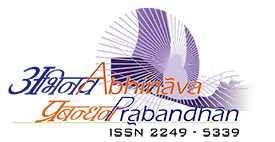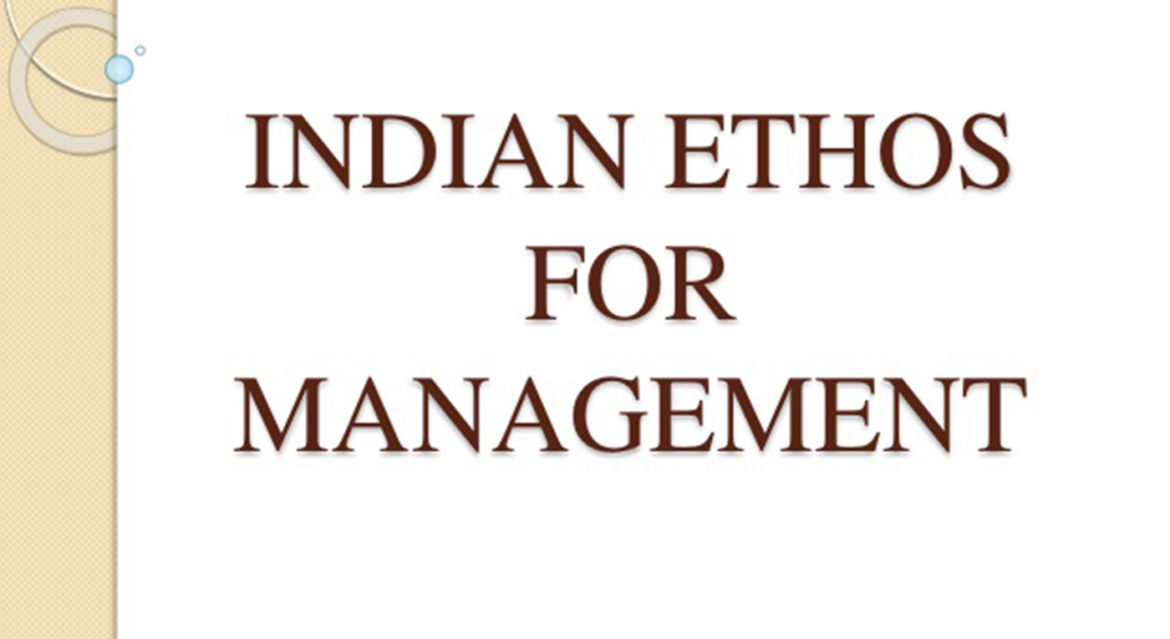INDIAN ETHOS OF DEVELOPMENT AND MANAGEMENT
KEYWORDS
Holistic Man, Gross National Welfare Product, Rights, Duties and Labour Market, Values and Principles of stress Management: Integrated Model of Welfare.
This paper is aimed at bringing out the distinguishing features of the ancient Indian Thoughts in contrast to the received thoughts of western vintage, on the issue of economic development and management. It is argued that the ancient Indian thoughts provide an integrated approach to the analysis of human behavior by considering the man as a holistic man as against the conception of a purely materialistic dimension of human personality, conceived in the modern western economic thoughts. These distinctions are explained in terms of the themes, such as, : Economic Man vs Holistic Man; Goals of Behavior; Determinants of Activities; Conception of National Welfare Product; Attitude towards Consumption and Savings; Labour Market and Work Culture; Classification of Assets; Values and Principles of Management and Governance; Life Style and Resource Balance; An Integrated Model of Welfare. The message of the paper is to propose that the search for a new paradigm of development, in the present complex situation of globalization and deteriorating social welfare norms, should be launched in the backdrop of the Indian ethos of development and management.
V. R. Panchamukhi
The author is Chancellor, Gurusavabhouma Sanskrit Vidyapeeth, Mantralayam (AP), Former Chancellor, Rashtriya Sanskrit University, Tirupati and forme Chairman, Indian Council of Social Science Research, New Delhi. He can be reached at iejpanch@yahoo.co.in

